The Diaspora Suite
2010-2017, 77 minutes, Digital
Brazil, Canada, Ethiopia, Ghana, Jamaica, and the United States
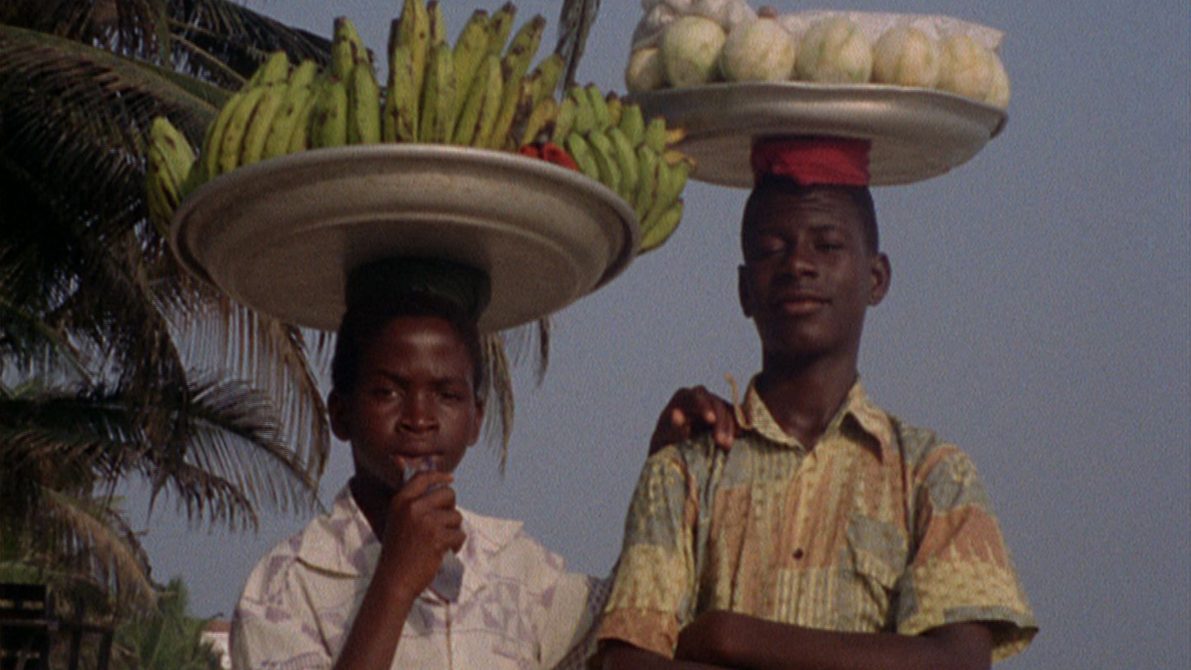
Director: Ephraim Asili
In seven years, filmmaker, radio host, and all-round music aficionado Ephraim Asili has completed a remarkable cycle of five films regarding his own relationship with the greater African diaspora. These films – Forged Ways (2011), American Hunger (2013), Many Thousands Gone (2015), Kindah (2016), and Fluid Frontiers (2017) – document not only his travels across Brazil, Canada, Ethiopia, Ghana, Jamaica, and the United States, but also a personal meditation on the constructs surrounding African-American cultural identity, while exploring the interactions of cultures and histories across time and space.
Additional Images
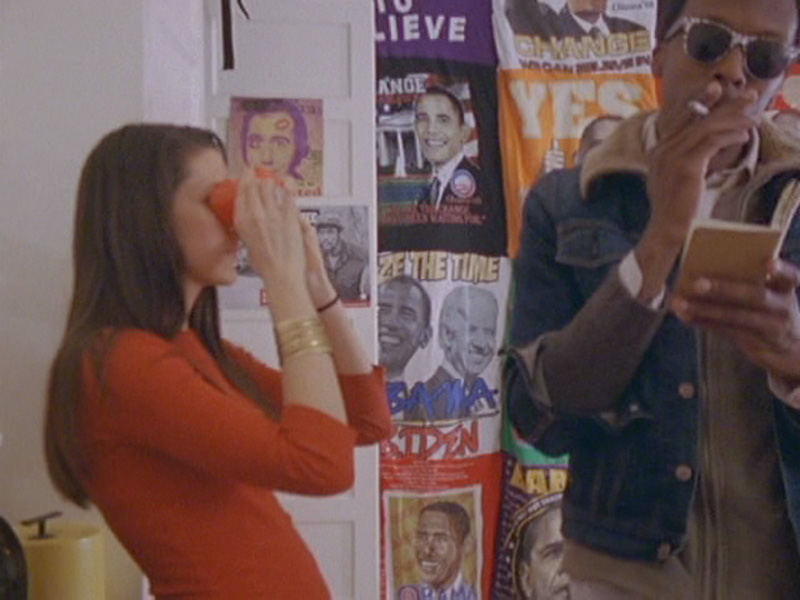
Forged Ways
(US, 2011, 16 minutes)
Photographed on location in Harlem and Ethiopia, Forged Ways combines elements of documentary, narrative, and experimental film form. Structurally the film cycles between the first person account of filmmaker, the third person experience of a man navigating the streets of Harlem, and day-to-day life in cities and villages of Ethiopia. By subduing any definitive story-line or “message” the film functions as an audio-visual meditation on the constructs surrounding African-American cultural identity while simultaneously examining some of the more subtle implications involved in maintaining an identity that spans hundreds of years, and thousands of miles.
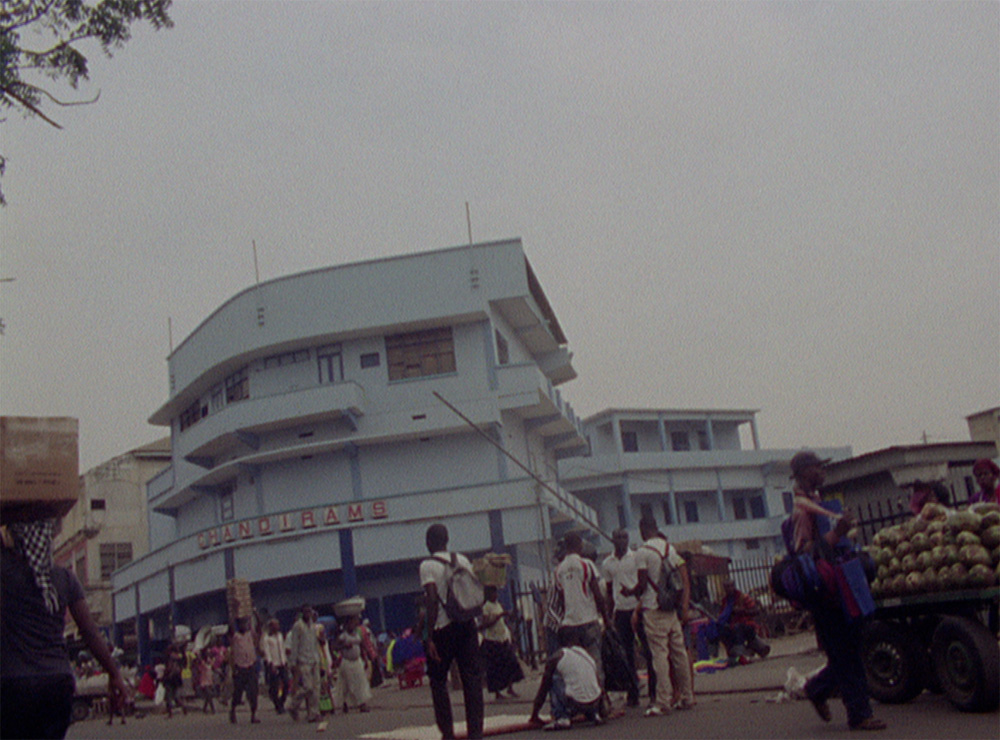
American Hunger
(2013, video, 19 minutes)
Oscillating between a street festival in Philadelphia, the slave forts and capitol city of Ghana, and the New Jersey shore, American Hunger explores the relationship between personal experience and collective histories. American fantasies confront African realities. African realities confront American fantasies. African fantasies confront American realities. American realities confront African fantasies.
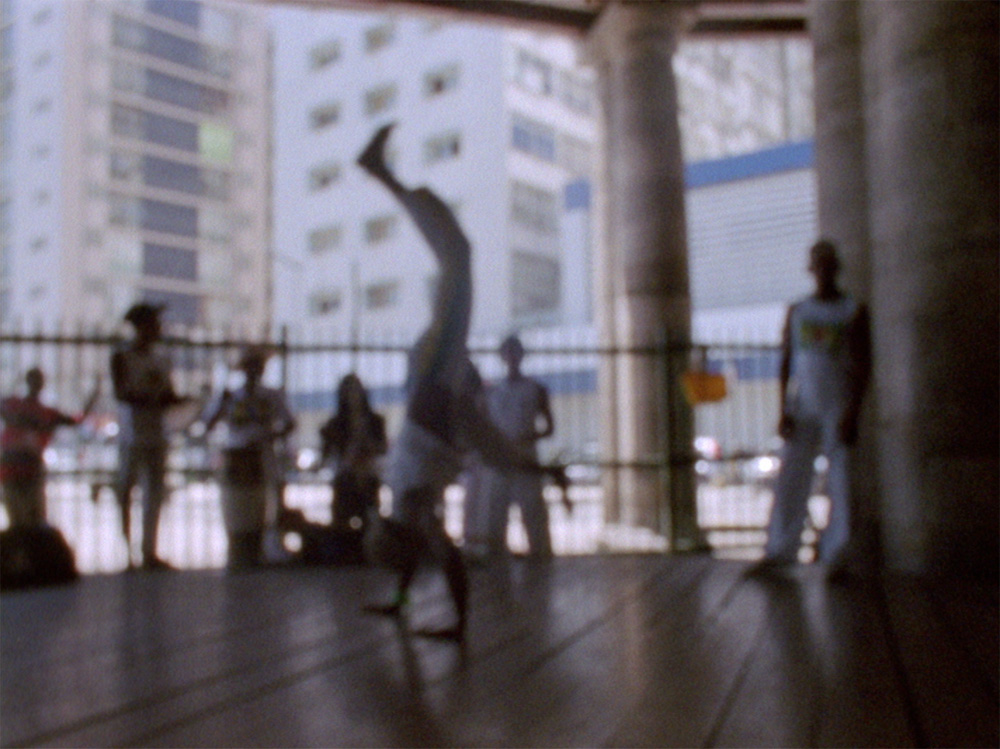
Many Thousands Gone
(US, 2015, video, 9 minutes)
Filmed on location in Salvador, Brazil (the last city in the Western Hemisphere to outlaw slavery) and Harlem, New York (an international stronghold of the African Diaspora), Many Thousands Gone draws parallels between a summer afternoon on the streets of the two cities.
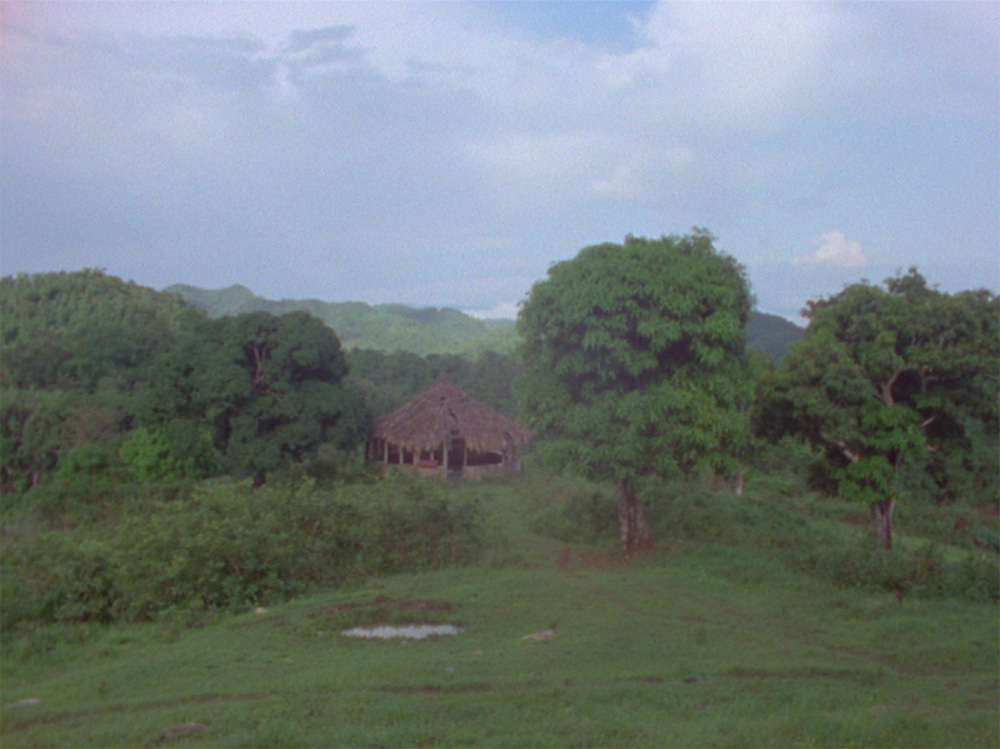
Kindah
(US, 2016, video, 12 minutes)
This one was shot in Hudson, NY and Accompong, Jamaica. Accompong, Jamaica was founded in 1739 after rebel slaves and their descendants fought a protracted war with the British leading to the establishment of a treaty between the two sides. The treaty signed under British governor Edward Trelawny granted Cudjoe’s Maroons 1500 acres of land between their strongholds of Trelawny Town and Accompong in the Cockpits and a certain amount of political autonomy and economic freedom. Cudjoe, a leader of the Maroons, is said to have united the Maroons in their fight for autonomy under the Kindah Tree – a large, ancient mango tree that is still standing.
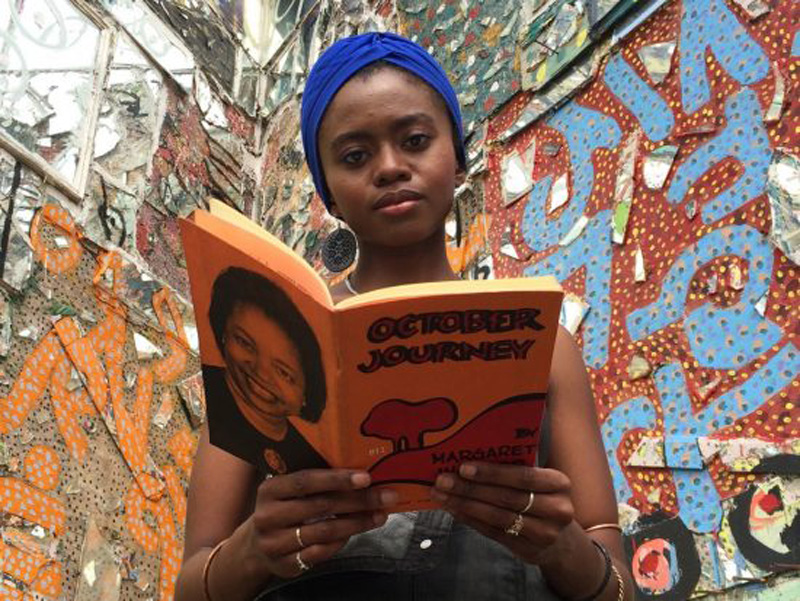
Fluid Frontiers
(US, 2017, video 23 minutes)
Shot along both the Detroit and Windsor sides of the Detroit River, Fluid Frontiers explores the relationship between concepts of resistance and liberation exemplified by the Underground Railroad, the Detroit River being a major terminal point, and more modern resistance and liberation movements represented by Dudley Randell’s Detroit based, independent publishing company, Broadside Press (approx. 1965-1975), as well as the installation-, sculptural, and performance works of local Detroit Artists. All of the poems are read from original copies of Broadside Press publications and all of the recordings are one take only without a rehearsal prior to the recordings. All of the readers are natives of the Detroit Windsor region and were approached to read while the film was in production.
